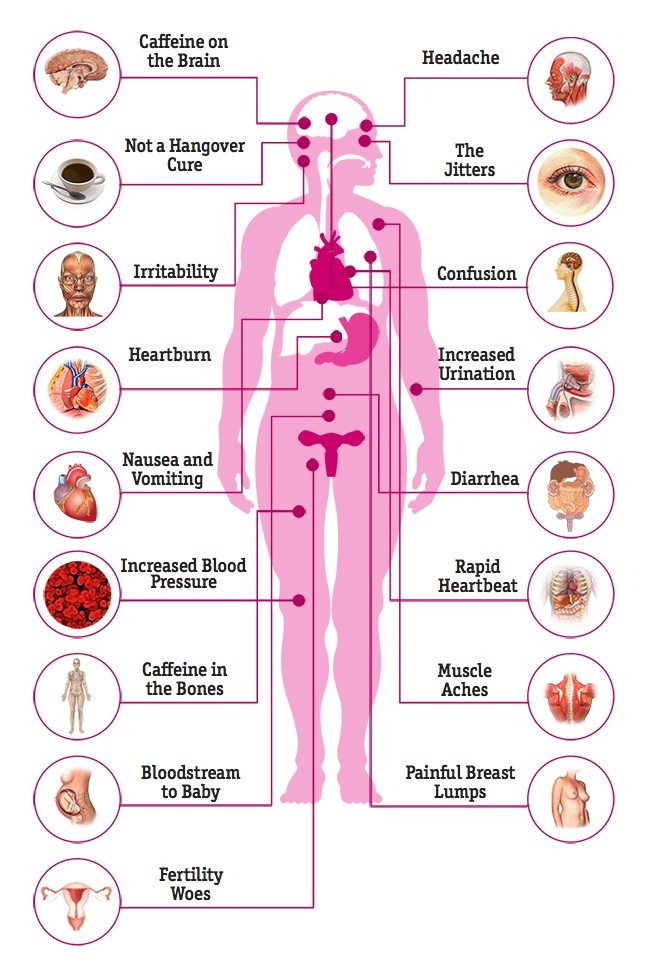An Unbiased View of Q:Caffeine is addictiveTrue or False? - RxList


Is caffeine addiction a sin? - 412teens.org
Indicators on 12 ways to break your caffeine dependency - Insider You Need To Know
Tiredness. Trouble concentrating. Nausea. Muscle discomfort. Irritability. In basic, the more caffeine you are utilized to consuming, the more severe the withdrawal signs are most likely to be. Signs of withdrawal begin 12 to 24 hours after the last caffeine intake and can last two to 9 days. Caffeine can be a helpful tool for an adult who needs aid get up and focusing.
Don't use caffeine too much or you could become dependent or have insomnia or headaches. Otherwise, delight in that coffee or chocolate!.
Caffeine is a natural Stimulant discovered in coffee, tea, energy drinks, sodas, over the counter medications, and weight reduction aids. It is the most typically utilized Psychoactive drug on the planet and has physically and psychologically addictive qualities. Caffeine withdrawal is even acknowledged as a medical condition by the American Psychiatric Association (APA).
The Ultimate Guide To Caffeine Addiction: Myth or Fact? - The Raleigh House
Help is out there Reach out to a devoted treatment provider and discover how you can produce the life you want. best Impacts Of Caffeine Light to moderate usage is thought about safe and may even provide some health advantages, such as increased awareness and fewer symptoms of anxiety. On Keep Checking Back Here , Caffeine functions as a Central Nervous System (CNS) Stimulant that directly impacts brain cells and can cause numerous unfavorable adverse effects.

Author who wrote about her caffeine addiction arrested on charges of helping thief avoid community service: authorities - New York Daily News
Its effects can last between three and 9 hours, depending upon the amount consumed. The chemical structure of Caffeine resembles that of a particle called adenosine, which has a peaceful impact on the brain and can trigger fatigue. When consumed, Caffeine fits into adenosine receptors in the brain, blocking them and avoiding adenosine from binding to them.
250 to 300 mg of Caffeine a day is thought about a moderate amount. A typical 8-ounce cup of coffee contains around 100 mg, which is adequate to increase alertness, concentration, and resting metabolic rate. Drinking more than 10 cups of coffee a day is thought about excessive and can result in Caffeine poisoning.

Is Caffeine Addicts Anonymous for You? - MEL Magazine Fundamentals Explained
Symptoms of overuse consist of: Uneasyness Flushed facial skin Increased urine production Intestinal issues Irregular heart beat Muscle twitching and shaking Sleeping disorders Stress and anxiety If somebody suspects they have actually overdosed on Caffeine, they need to call a regional poison nerve center to figure out whether hospitalization is needed. Mixing alcohol with Caffeine can increase the strength of negative effects from both and can trigger agitation.
